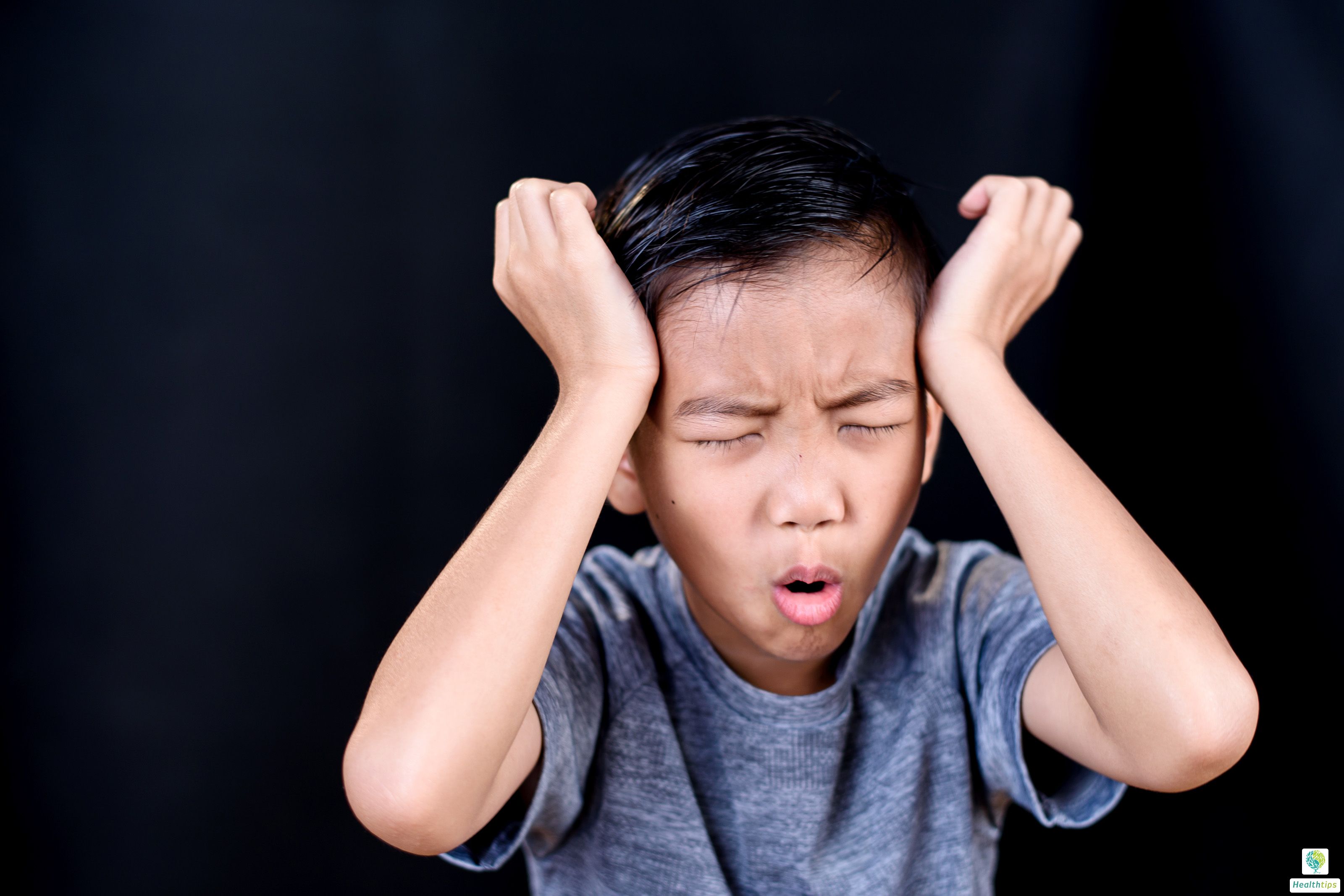Autistic children may exhibit strange behaviors, but their intellectual development is generally normal, so they usually do not exhibit bizarre abnormalities. Autism is a common neurodevelopmental disorder, and children with autism mainly manifest as social communication disorders, language development disorders, narrow interests, and stereotyped behaviors. Some children may also experience significant emotional abnormalities.

1. Social communication disorders: Children may have varying degrees of lack of eye contact with others, refusal of parental hugs or affection, inability to distinguish close and distant relationships, and inability to express pleasure and satisfaction when receiving care;
2. Language development disorders: Children with autism may have abnormalities in language development, such as delayed language development, abnormal language form or content, and abnormal fluency;
3. Narrow interests and stereotyped behaviors: Autistic children are not interested in toys, pay attention to small items, and repeatedly perform stereotyped actions, which can manifest as different behavioral patterns;
4. Emotional abnormalities: Autistic children may experience abnormal emotions, such as excessive loneliness, reluctance to talk to others, frequent mood swings, irritability, or frequent anxiety, depression, and emotional breakdowns.
If a child has autism, it is recommended that parents promptly take the child to the hospital's psychiatry department for diagnosis and treatment. Intervention and treatment should be implemented under the guidance of a doctor as soon as possible to promote the child's language development and social communication skills. Parents should also pay attention to creating a good family environment and atmosphere in daily life, communicate more with their children, help them overcome negative emotions and behavioral habits, and spend more time with them to avoid accidents.




















